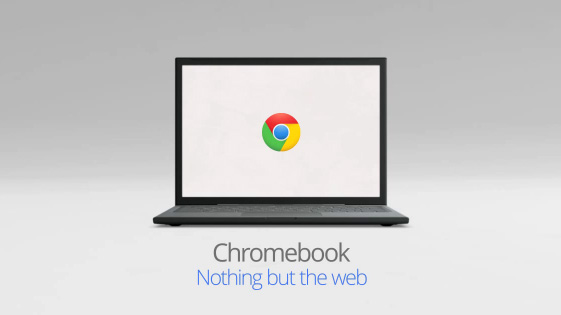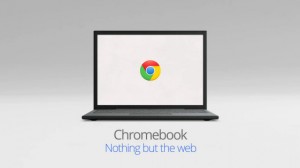In a new report by U.S. based Forrester Research, it submits that, “companies should take a fresh look whether Chromebooks might fill a legitimate computing niche within. A Chromebook is a personal computer running Chrome OS as its operating system. The devices are designed to be used while connected to the Internet and support applications that reside on the Web, rather than traditional applications that reside on the machine itself.
The reports states that, ” Chromebooks won’t replace all or even most Windows PCs, Macs, and tablets. But for companies that are (1) willing to segment their workforces (offering Chromebooks to specific classes of workers in a mixed environment with PCs and tablets), (2) adopting Gmail and/or Google Apps, or who are (3) deploying the devices in a customer-facing (think kiosk) scenario, Chromebooks are definitely worth investigating.”
It also states that:
- Infrastructure professionals can spend time on innovation, not maintenance. Chromebooks offer the prospect of radically reducing the amount of time IT staff spends “keeping the lights on” for devices. As one IT leader told me, “instead of spending time installing software on laptops, or creating images, I’d rather have my desktop services people work on implementation of technologies related to location awareness or 3D printing.” The CIO of another company added, “I want to get out of the laptop business.” Chromebooks offer high uptime, low service costs, and scalable deployment of new web-based applications and content.
- Employees naturally gravitate toward collaborative computing scenarios. A move to corporate Gmail remains pretty much a prerequisite to the adoption of Chromebooks. Once Gmail is in place, Chromebooks can promote collaborative work styles. One CIO reported that workers at his company started to use Google Drive and other collaboration tools “organically and automatically” after the adoption of Gmail. Chromebooks reinforce the value of these tools and represent the next logical step in empowering collaboration.



